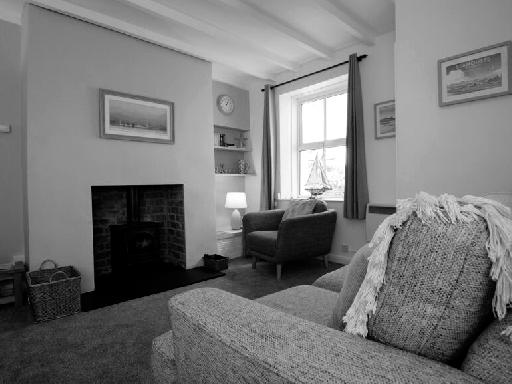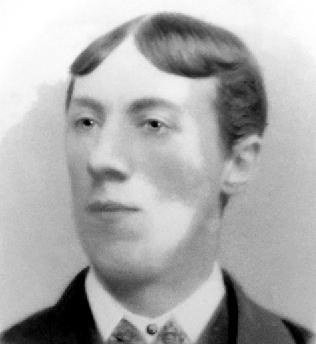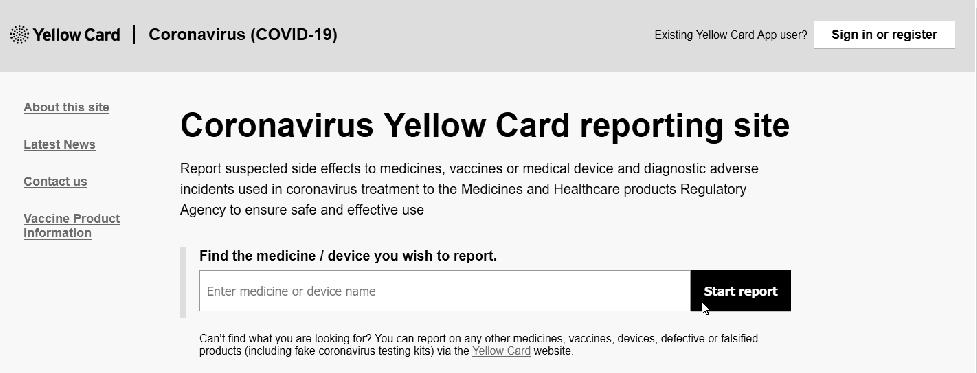What did the Romans do for us? Anyone who has ever watched Monty Python's, “Life of Brian”, will remember John Cleese saying, “yes but apart from the aqueduct, sanitation and the roads, what have the Romans done for us”. The answer for many was a lot. The Romans rst invaded in 55 BC led by Julius Caesar, but soon left. They did not return to Britain for almost 100 years until 43 AD, when they invaded again but this time they stayed until their departure in 410 AD. During the almost 400 years of occupation, they did have a signicant effect on the country. Here are just a few facts about what they really gave us. Roads – Let's start with the most well known. Prior to the Romans we only had muddy tracks. During their stay they built a network of over 2000 miles of major paved roads across the country. These were the motorways of the day facilitating military communications and linking major towns. Where possible roads were built in straight lines to provide the most rapid route. Some of the most important roads were: Dere Street – from York to the Antonine Wall (the northern most frontier of the Roman Empire between the Firths of Forth and Clyde), 180 miles in length. Fosse Way – from Exeter to Lincoln, 220 miles in length. Ermine Street – from London to York, 200 miles in length. On the major roads, about every 12 miles, which was a typical day's journey for a large ox drawn wagon, (not exactly a next day delivery service or Amazon Prime), was a Mansio, a full-scale wayside inn, complete with stables and rooms and food for travellers (they were the rst motorway service stations). However, all roads were not in a good state of repair as shown by the number of soldiers' complaints about the roads detailed in records found at Vindolanda. Potholes are not a recent problem, they also existed in Roman Britain. Towns – large settlements existed in Britain before the Romans arrived, but they were the rst to introduce signicant towns and administrative centres. Londinium, Aqua Sulis (Bath) and Lindum Colonia (Lincoln) are examples of Roman towns. Along most roads were regular milestones indicating distances to major settlements. Plumbing and Sanitation – keeping towns and forts clean through good drainage and access to fresh water was a new concept in Britain. Before the LIVErNEWS Issue 74 ~
12 ~ Spring 2021











